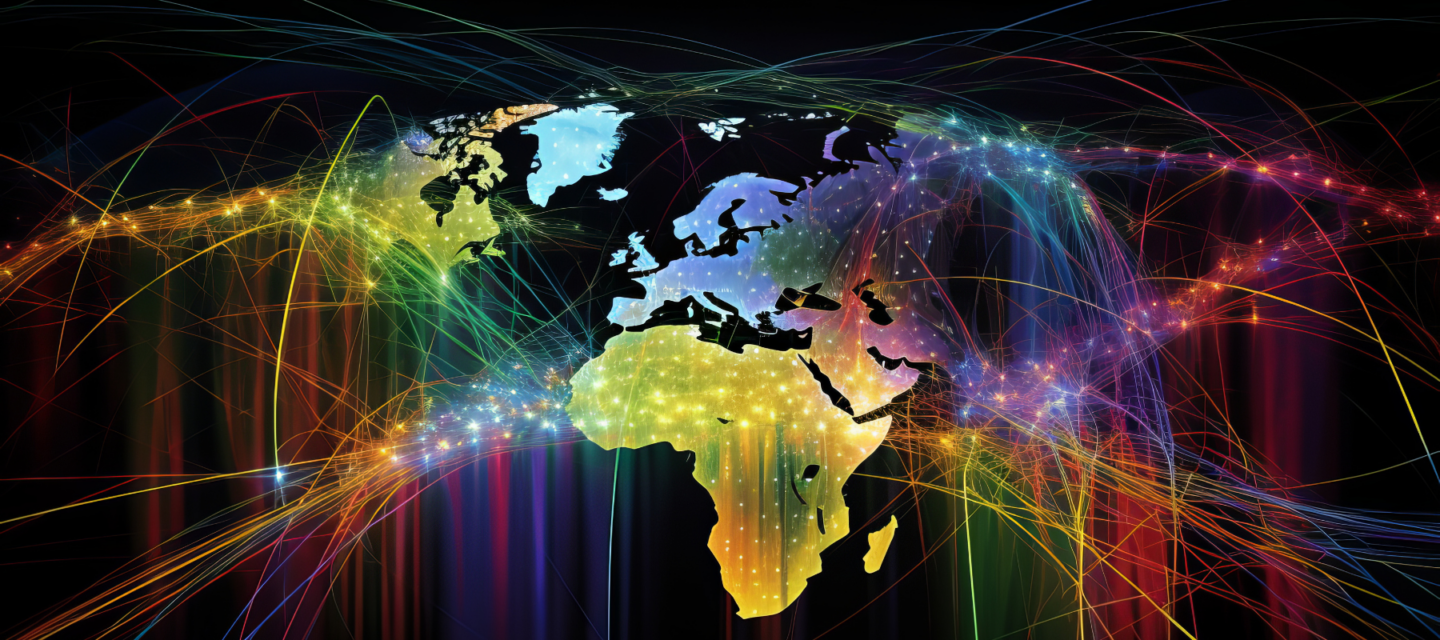If it’s cheaper to hire a translator, programmer, social media manager, or designer in another country, why not cross international borders for your required service? While today’s information and communication technologies enable the arbitrage of labor services, some are still doubting what difference this makes on the ground.
Test how well you know what’s happening in the realm of trade with this quick, three-question quiz:
1. Which of the following categories of global trade exports is currently climbing the most based on value?
A. Manufactured goods
B. Foreign direct investment (FDI)
C. Information and communication technology (ICT)-enabled services





